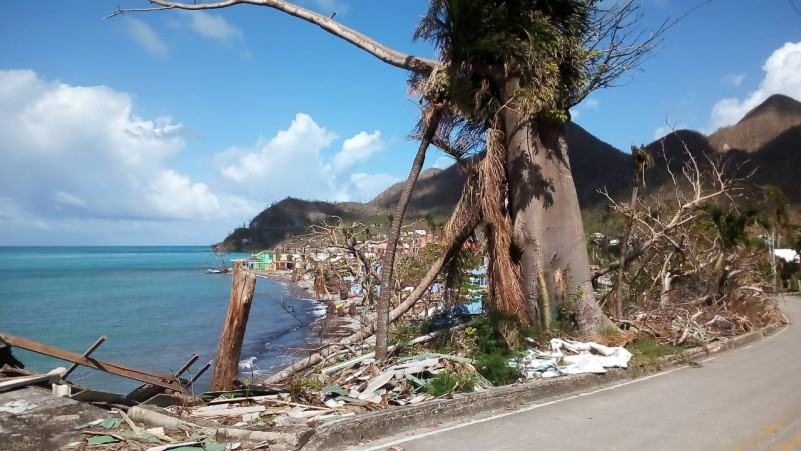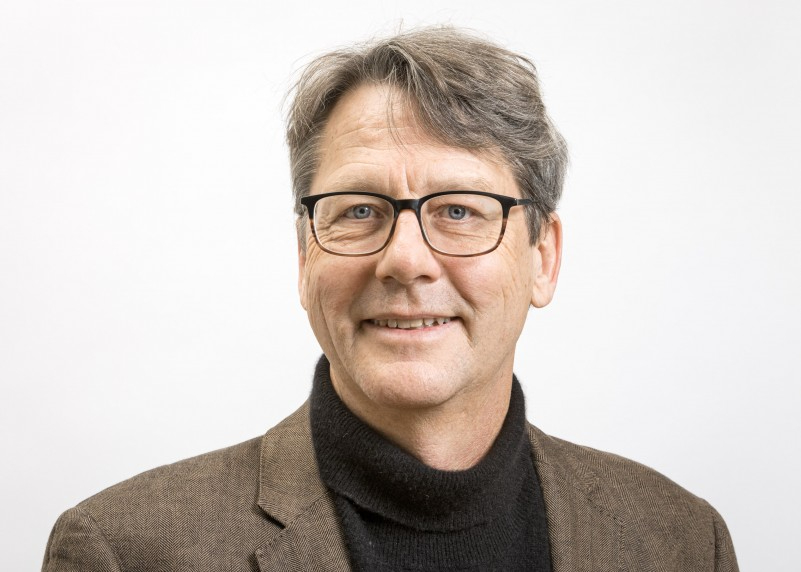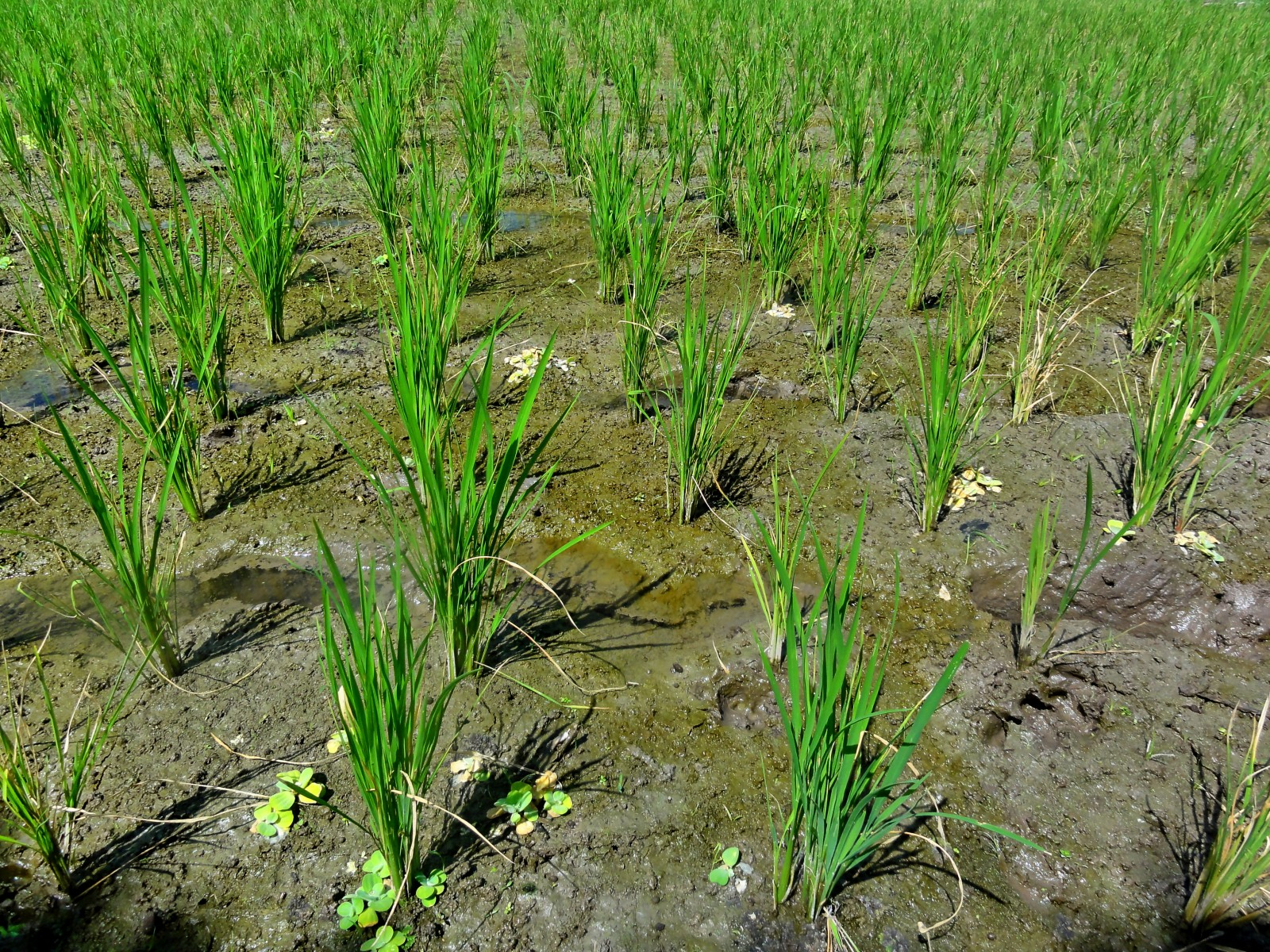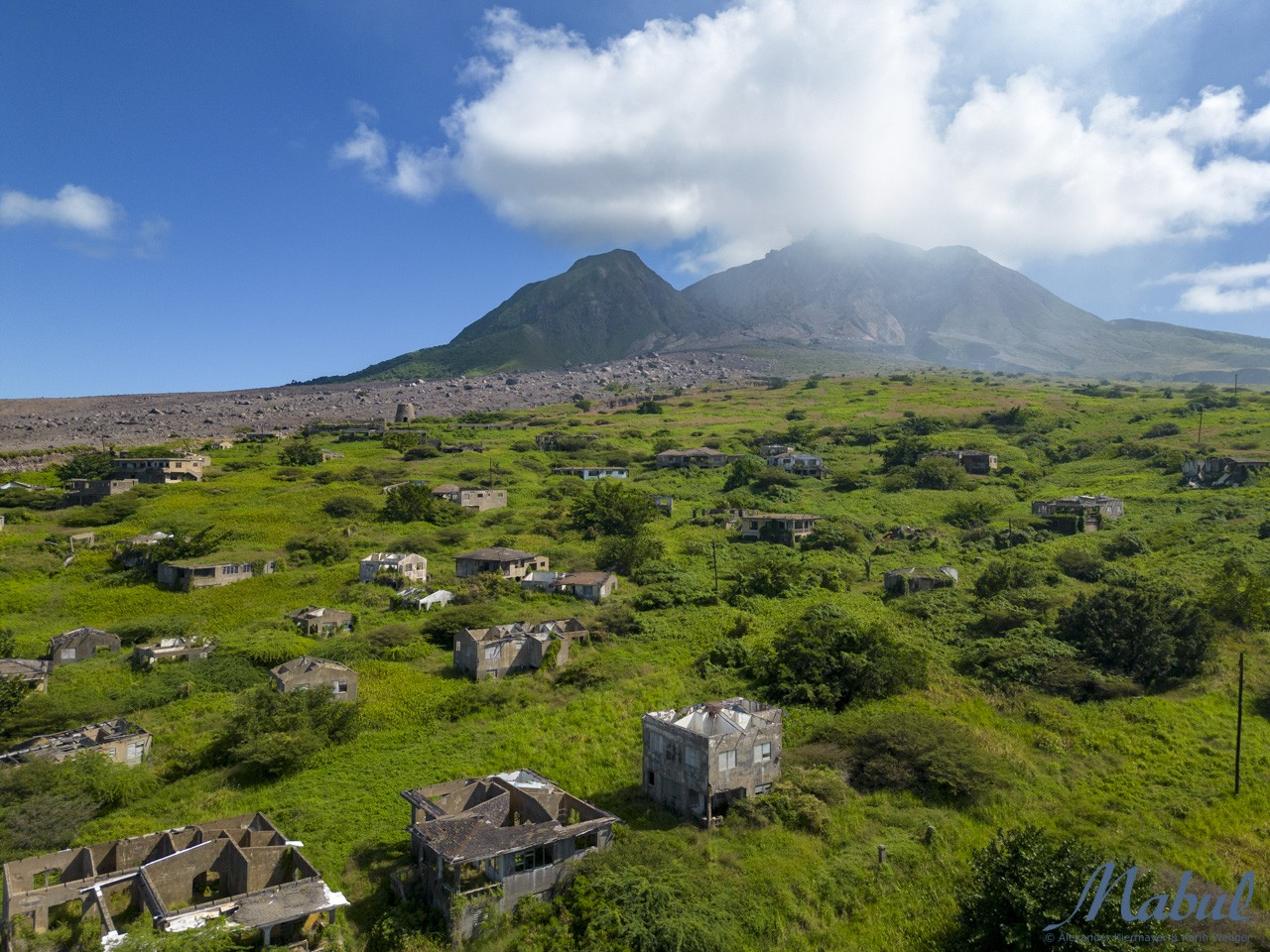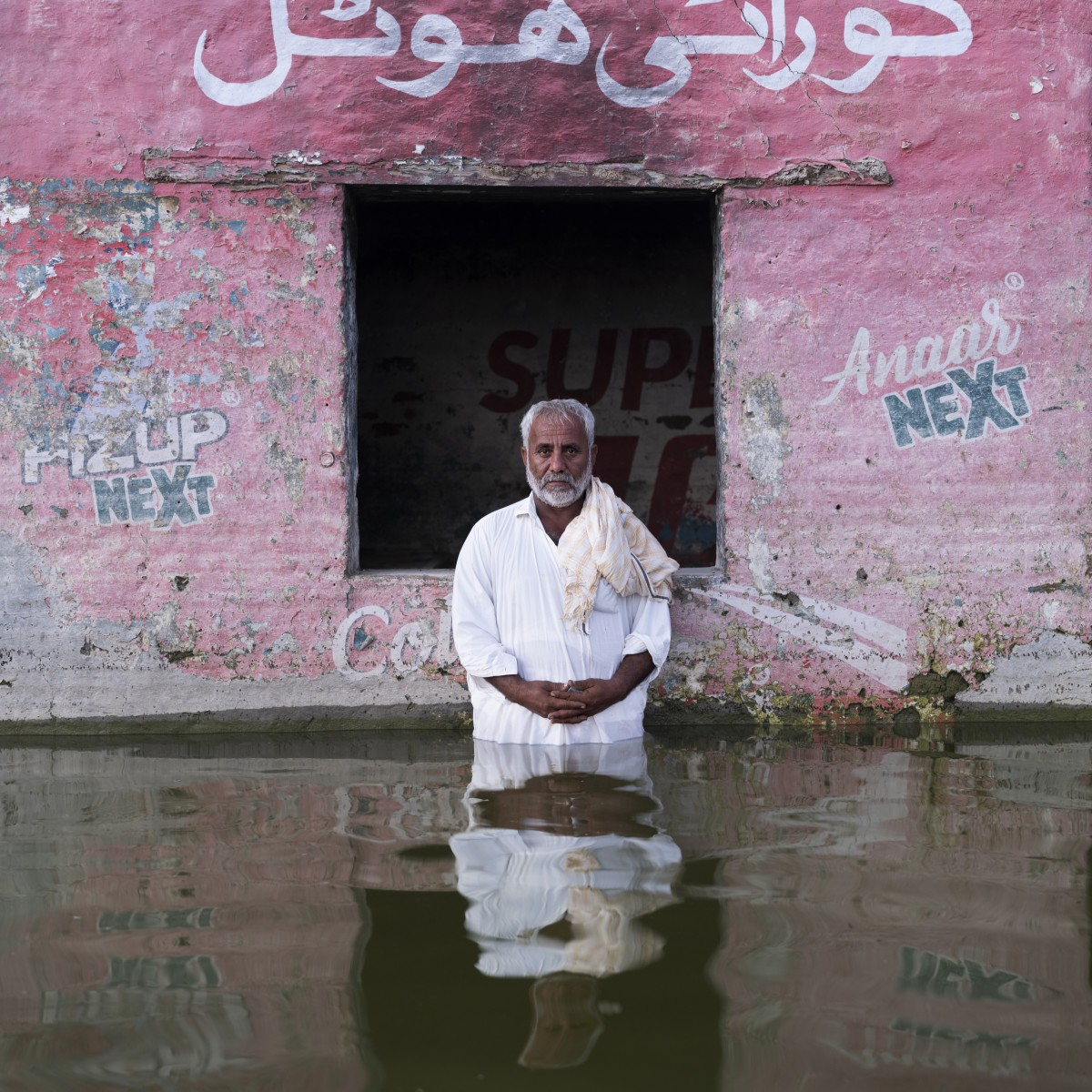As of 2021, the Paris Climate Agreement signed in 2015 will take effect and become binding. Under the banner of climate justice, the Agreement commits industrialized countries to providing 100 billion US dollars annually in compensation for the countries in the global South, which without any responsible for causing it, are being hit hardest by the ever more obvious climate disaster. Switzerland too, in ratifying the Paris Agreement, committed to providing a «reasonable» amount for international climate funding. The Federal Council puts Switzerland’s responsibility at 450 to 600 million francs; however, anyone who, like Alliance Sud, also takes account of Switzerland's carbon footprint abroad will arrive at a billion francs annually. This is the first discrepancy. A second one arises from the Federal Council's Dispatch on the International Cooperation (IC) Strategy 2021-2024 [German version]: the Paris Agreement provides that «new and additional» funds must be mobilized for international climate funding. And what does Switzerland do? It increases earmarking for «climate projects» under existing lines of credit for development cooperation (DC) from 300 to 400 million francs per annum. New and additional funds? No chance.
Climate protection is not poverty alleviation
What at first glance looks like clever bookkeeping designed to avoid further burdening federal finances – which, it is worth noting, again recorded a surplus of billions this year – is much worse. The Federal Council plans to meet its climate obligations by hollowing out previous development work: climate projects undertaken without raising additional funds will be at the expense of promoting extensive healthcare, rural development or gender justice, empowering civil society, strengthening democracy and the rule of law or supporting appropriate educational opportunities. The purpose of climate funding is, after all, different from that of alleviating extreme poverty and reducing inequality, as it is geared towards managing future climate risks and does not per se aim to immediately improve present life circumstances.
The IC Strategy 2021-2024 published on 19 February 2020, which will be discussed in the first chamber of Parliament after committee deliberations during the summer session, does not go into detail as to the earmarking of individual budget items. With one exception: almost 20 per cent of all funds for the Swiss Agency for Development and Cooperation (SDC) and the State Secretariat for the Economy (Seco) are to be reserved for climate projects.
It makes perfect sense to delegate support for developing countries, including climate change mitigation and adaptation measures, to SDC and Seco. Who else would have the longstanding know-how and the requisite tools for effective measures on the ground? If, however, the additional expenditure involved is to be covered from existing DC credit lines without mobilizing new funds, two basic questions arise:
- Can development projects also double up as valid climate mitigation and adaptation measures within the meaning of the Paris Agreement?
- When is the use of development funds for climate measures justified?
Commissioned by Alliance Sud, FAKT consultants in Stuttgart (Germany) have analysed Switzerland’s climate funding since 2011 in order to provide answers to these questions. The author Christine Lottje carefully examined in particular the Federal Government’s implicit hypothesis that climate mitigation and development cooperation are equivalent, because – as stated in the new DC strategy – funds intended for climate projects «may always be used under the DC mandate to alleviate poverty and promote sustainable development.»
The findings of the study, entitled Der Schweizer Beitrag an die internationale Klimafinanzierung [The Swiss contribution to international climate funding], are sobering: since 2011, contributions reported to the United Nations as «climate funds» have been increasing disproportionately vis-a-vis official development assistance (ODA). Spending of climate funds in countries with very high poverty levels or great vulnerability to climate change was a fraction of that taking place in middle-income countries (MICs) or for unspecified purposes under what are called global or regional programmes.
This is understandable from the standpoint of climate mitigation, in that it can reduce CO2 emissions most effectively in regions with comparably high per capita emissions, which tend to be urban regions in middle-income countries. The main target groups for development cooperation however – as stipulated by law – live in poor countries. In other words, most «climate projects» ignore the core tasks of development cooperation. From the description given, only three in ten projects focus on poor target groups or on poverty reduction. The study even identifies two Seco projects and one SDC project designated as climate funding, despite the absence of any recognizable link to climate or even where they encourage practices harmful to the climate.
Additional funds needed
The study confirms what Alliance Sud has been pointing out for years as a danger to Swiss development policy: the fact that SDC and Seco are being increasingly made to serve as the financiers of Switzerland's external environmental and climate policy, and that this is happening at the expense of the poorest in countries of the global South. Unless additional funds are raised, the money available for the core tasks of development cooperation will be diminishing steadily.
SDC reports that it is becoming increasingly difficult, in the framework of bilateral development cooperation – i.e. through programmes such as promoting health or education or strengthening civil society – to implement measures that also have a meaningful and effective climate impact.
There is still only a limited number of adaptation projects that offer genuine synergies with development cooperation proper and which would justifiably be (co)funded from development cooperation resources – for example the creation of seed banks, training for farmers and trainers in climate adaptation and resilience or capacity building for local authorities.
Expanding renewable energy sources in particularly poor regions is undoubtedly a legitimate and urgent development task. But because such projects entail opening up new regions rather than replacing any existing coal-fuelled power plants, they are not deemed to be projects that effectively reduce greenhouse gases within the meaning of the Paris Climate Agreement. It is therefore cynical to designate such projects as climate funding.
All this confirms the urgency of providing additional climate funding for infrastructure and mitigation measures on a scale commensurate with the needs. Development cooperation focused on poverty alleviation and effective climate mitigation and adaptation are not a priori mutually exclusive, but genuine synergies are possible only to a limited degree.

